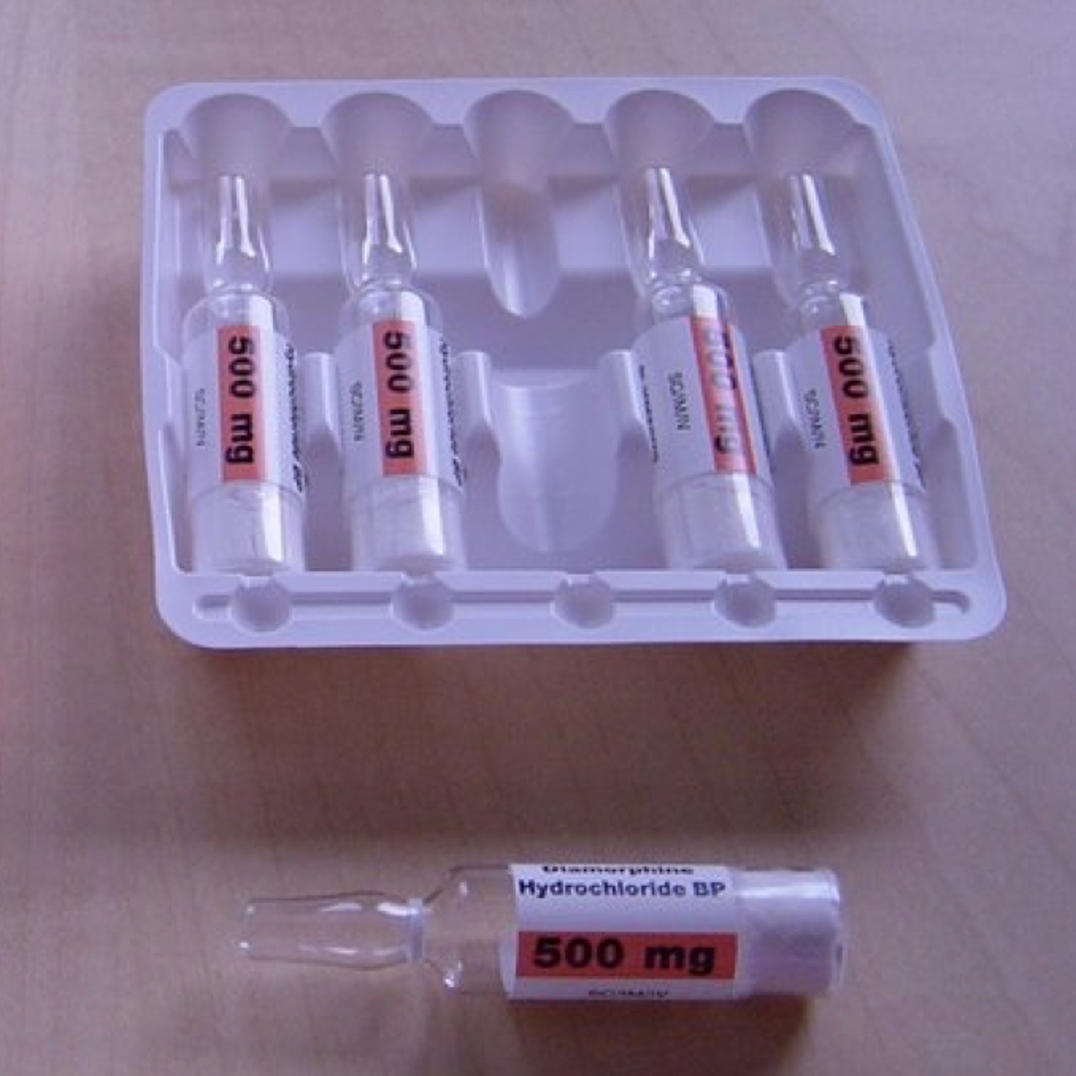Methadone and buprenorphine are among the first-line responses to the treatment of opioid dependence, alongside psychosocial approaches. A large body of research evidence shows that this approach is effective at stabilising drug use and preventing associated health and social problems. However, a small but important minority of chronic heroin-dependent individuals repeatedly fail to benefit from this kind of intervention. This group often experience particularly severe health and social consequences, and effective treatment of these individuals therefore has the potential to have a large impact on the health costs associated with drug dependence.

‘A number of clinical trials using robust research designs across several countries have found that supervised diamorphine treatment can be an effective way to help those who do not respond to first line treatments. This evidence has been summarised in an EMCDDA Insights publication, and in this publication
This SSA topic area will place this evidence within the UK context, and will describe the history of the ‘British system’ through to the present day. Presenters from ‘Heroin on Trial’, a special SSA-sponsored one-day conference, will summarise findings from the RIOTT trial, and discuss the place of diamorphine-assisted treatment in the current UK treatment landscape.
.
The opinions expressed in this commentary reflect the views of the author(s) and do not necessarily represent the opinions or official positions of the Society for the Study of Addiction.